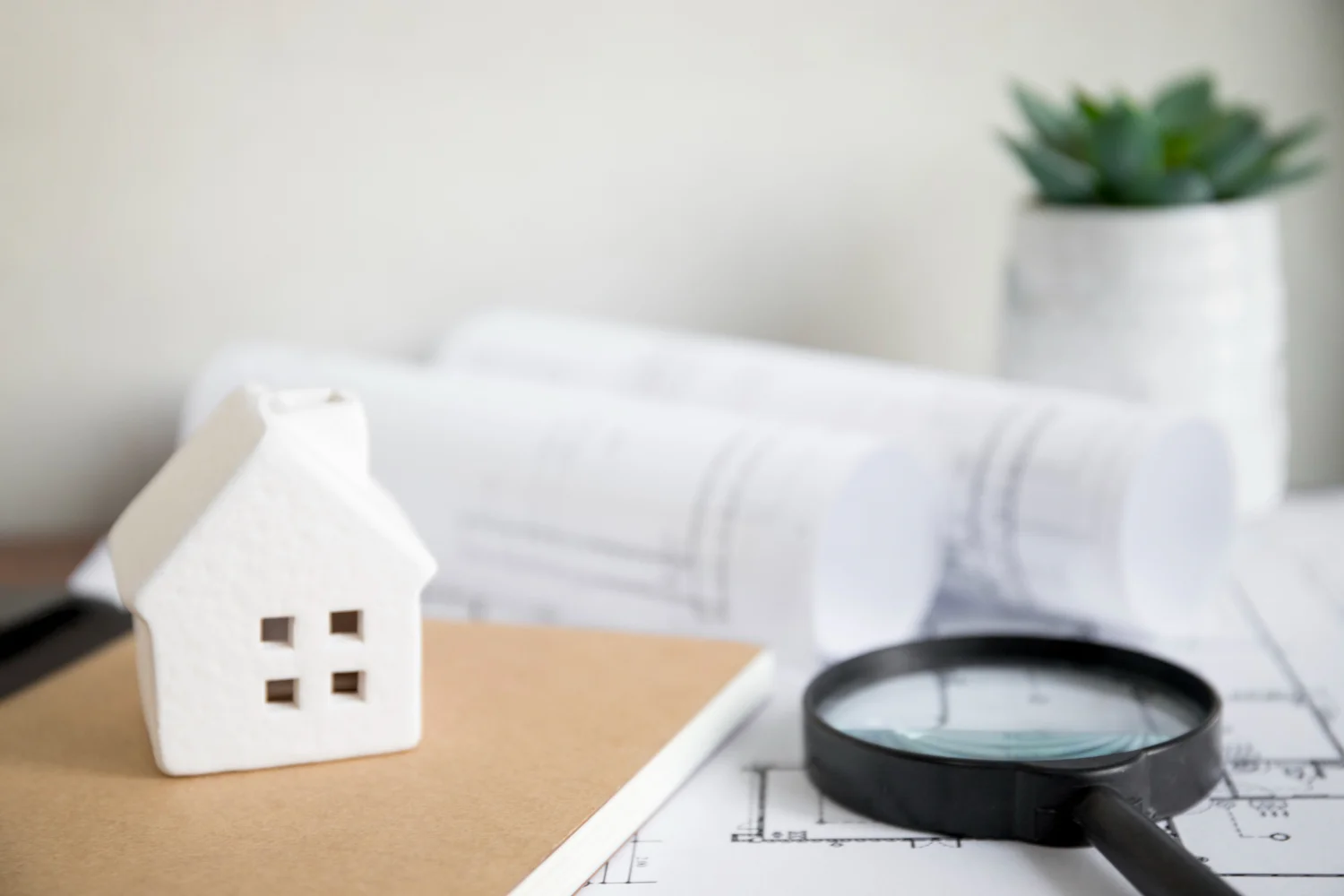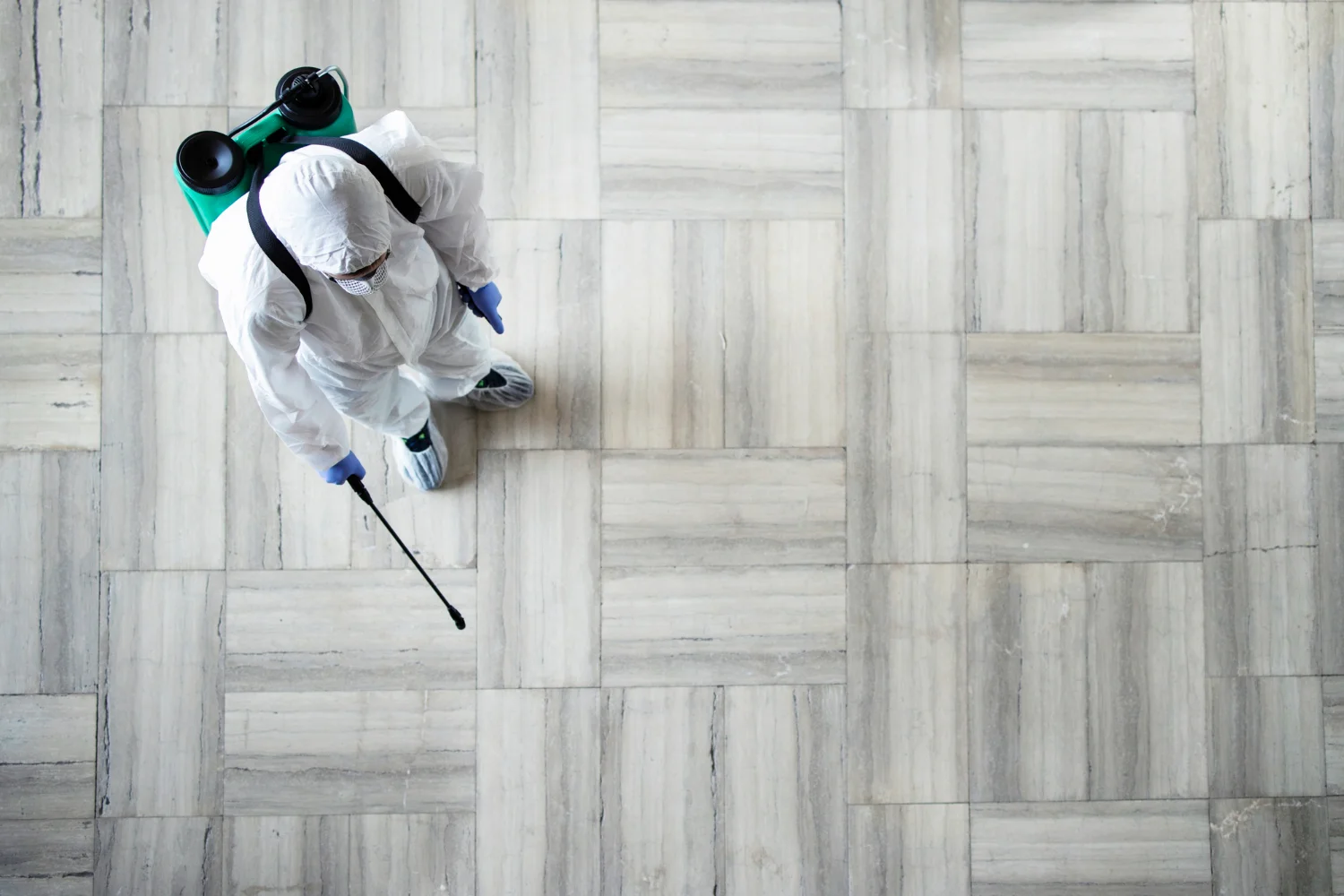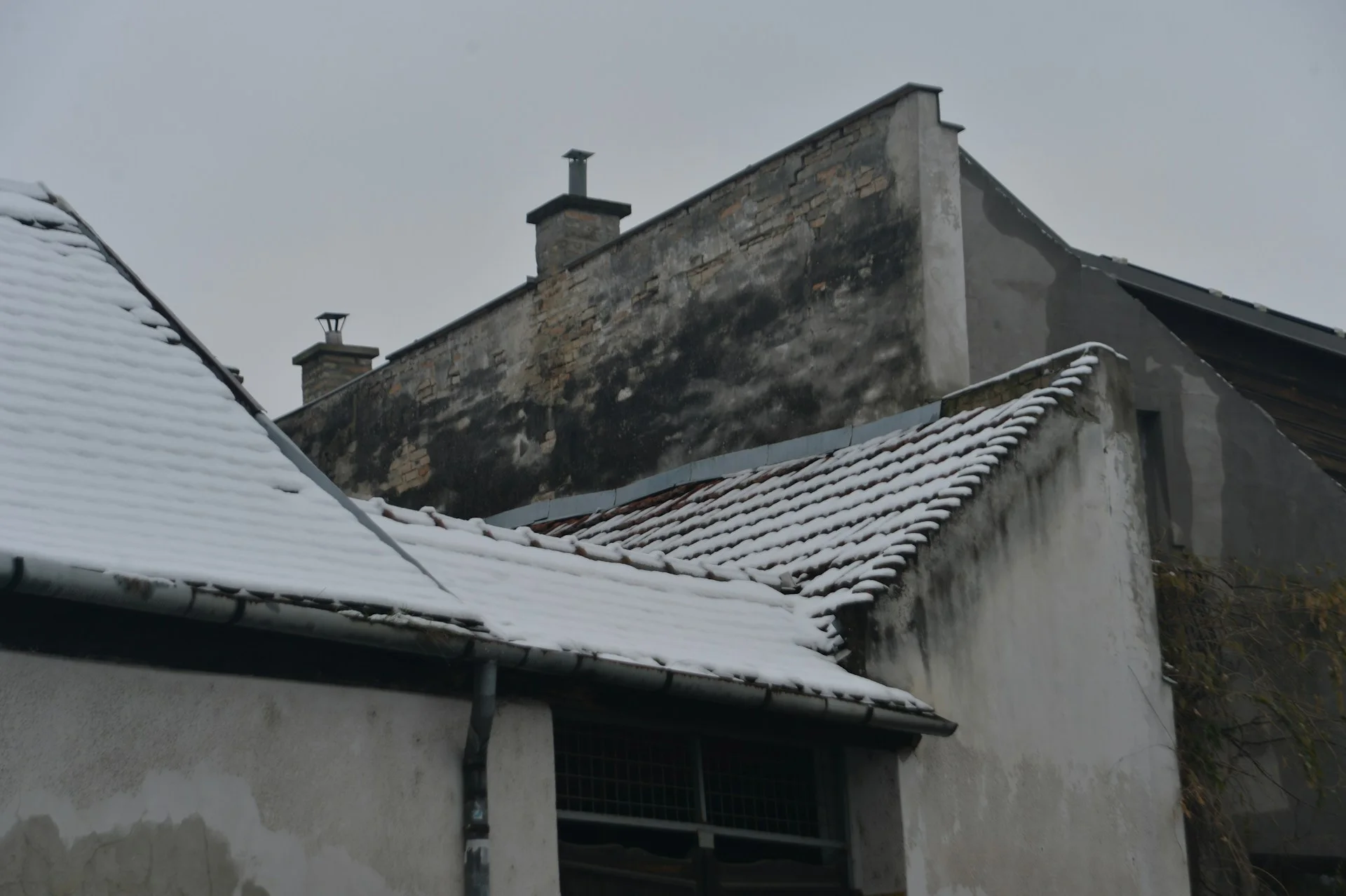Inspecting your commercial building is an important task that ensures the safety and longevity of the property. Knowing when to conduct these inspections can save you from costly repairs and potential hazards. Regular inspections can identify minor issues before they become major problems, protecting your investment and those who use the building.
One key time for inspections is during routine maintenance. Regular checks help keep the building in good condition and catch any wear and tear early on. This proactive approach can prevent unexpected breakdowns and extend the life of your building components.
Inspections are crucial when you’re buying or selling a commercial property. They provide a clear picture of the building’s condition, helping buyers make informed decisions and sellers address any issues beforehand. Skipping this step can lead to surprises that affect the property’s value and the sale process.
Natural disasters or accidents can also necessitate a thorough inspection. Events like storms, floods, or fires can cause significant damage that might not be immediately visible. Inspecting the building after such incidents ensures it’s still safe to use and identifies any required repairs.
Lastly, compliance and safety checks are essential for meeting regulatory standards. These inspections ensure your building adheres to local codes and regulations, protecting you from fines and legal issues.
Whether it’s for routine maintenance, buying or selling, post-disaster checks, or compliance, knowing when to inspect your commercial building is key to maintaining its value and safety.
Routine Inspections for Maintenance
Routine inspections are crucial for maintaining the health of your commercial building. Regular checks help identify wear and tear before it becomes a significant issue. By scheduling inspections periodically, you can save money on repairs and keep the property in top condition.
One of the first areas to focus on is the building’s exterior. Check the walls, roof, windows, and doors for any signs of damage. Look for cracks, leaks, or loose fittings that could cause problems if left unattended. Inspect the gutters and downspouts to ensure they are clear of debris, allowing rainwater to flow away from the foundation.
Inside the building, pay attention to the plumbing and electrical systems. Look for leaky pipes, dripping taps, and issues with drainage. Inspect electrical outlets, switches, and circuit breakers for any signs of malfunction. Ensure that the HVAC (heating, ventilation, and air conditioning) system is working correctly, as it’s vital for maintaining a comfortable environment for occupants.
Also, consider checking the structural elements of the building. Inspect beams, columns, and foundations for any signs of weakness or damage. If any issues are found, address them promptly to prevent further deterioration.
By conducting routine inspections, you can catch minor issues early on and avoid costly repairs in the future. This proactive approach helps maintain the value and safety of your commercial building, ensuring it remains a reliable asset for years to come.
Inspections Before Buying or Selling
When buying or selling a commercial property, inspections play a crucial role. These inspections provide a clear understanding of the building’s condition, ensuring both parties make informed decisions. Skipping this step can lead to unexpected surprises that affect the transaction and overall property value.
Before buying a commercial building, schedule a thorough inspection. This process involves checking all major systems and structures, including the roof, plumbing, electrical, HVAC, and foundation. The inspector will identify any existing or potential issues, giving you a full picture of the property. This information can influence your offer and negotiation with the seller.
For sellers, an inspection can help you identify and address issues before listing the property. Fixing problems ahead of time can make the building more marketable and possibly increase its value. Buyers will appreciate the transparency, which can expedite the sale process and build trust.
Key areas to inspect include:
1. Structural Integrity: Check the foundation, supporting beams, and walls for signs of damage or weakness.
2. Roof Condition: Inspect for leaks, missing shingles, or other damage that could lead to costly repairs.
3. Mechanical Systems: Ensure the HVAC, plumbing, and electrical systems are in good working order.
4. Pest and Termite Inspections: Check for any signs of infestation that could compromise the building’s structure.
By conducting comprehensive inspections before buying or selling, you ensure a smooth transaction and safeguard your investment. This due diligence is essential for avoiding costly surprises and making confident decisions.
After Natural Disasters or Accidents
Natural disasters and accidents can significantly damage your commercial building. It’s crucial to inspect the property after these events to ensure it remains safe for use. Such inspections help identify hidden damage and prevent further issues from arising.
Following a natural disaster like a storm, earthquake, or flood, start by examining the building’s exterior. Look for roof damage, broken windows, and any structural damage to walls and foundations. Pay attention to signs of water intrusion, which can lead to mould growth and weaken structures over time.
Inside the building, check for damage to electrical and plumbing systems. Flooding, for instance, can cause water damage to wiring and pipes, posing safety hazards. Inspect the HVAC system for any impact from water or debris. Ensure that emergency exits, fire alarms, and sprinklers are functioning properly, as these are critical for safety during an emergency.
Accidents, such as fires or vehicle impacts, also necessitate thorough inspections. Fire damage can weaken beams and walls, requiring structural assessments. Smoke damage may affect air quality, necessitating professional cleaning. Vehicle collisions can damage both the structure and exterior utilities, like gas lines and electrical conduits.
By performing detailed inspections after natural disasters or accidents, you ensure that your commercial building remains safe and functional. Addressing any damage promptly helps maintain the integrity and value of the property.
Compliance and Safety Checks
Compliance and safety checks are vital to ensure your commercial building meets all local regulations and standards. Regular checks help you stay in line with safety codes and avoid penalties or legal issues. These inspections focus on various aspects of building safety, from fire protection to accessibility.
Firstly, fire safety is a major concern. Inspect fire alarms, sprinkler systems, and extinguishers to ensure they are in working order. Make sure emergency exits are clearly marked and unobstructed. Conduct fire drills to ensure everyone in the building knows the evacuation procedures.
Accessibility compliance is equally important. Check that entrances, hallways, and restrooms are accessible to people with disabilities. Install ramps, handrails, and other necessary features to meet local accessibility standards.
Electrical and mechanical systems also need regular checks. Inspect wiring, outlets, and circuit breakers for any signs of wear or damage. Make sure the HVAC system is well-maintained and adheres to safety standards. Regular checks can prevent issues like short circuits or poor air quality.
Additionally, review your building’s compliance with health and safety regulations. This includes proper waste management, pest control, and maintaining a clean and safe environment for all occupants.
By carrying out regular compliance and safety checks, you ensure that your commercial building remains a safe and legally compliant space. This proactive approach helps you avoid potential fines and provides a secure environment for employees and visitors.
Conclusion
Inspecting your commercial building at the right times is key to maintaining its safety and value. Routine maintenance inspections help catch minor issues early, saving you from costly repairs. Inspections before buying or selling a property provide crucial information that influences decisions and transactions. After natural disasters or accidents, thorough inspections ensure the building remains safe for use. Regular compliance and safety checks help you meet local regulations and avoid legal issues.
By taking a proactive approach to building inspections, you can ensure your commercial property stays in excellent condition. Protecting your investment and everyone who uses the building is worth the time and effort spent on regular inspections.
For comprehensive and reliable commercial building inspection, trust the experts. Contact C & W Services today for professional services that keep your commercial property in top shape.



